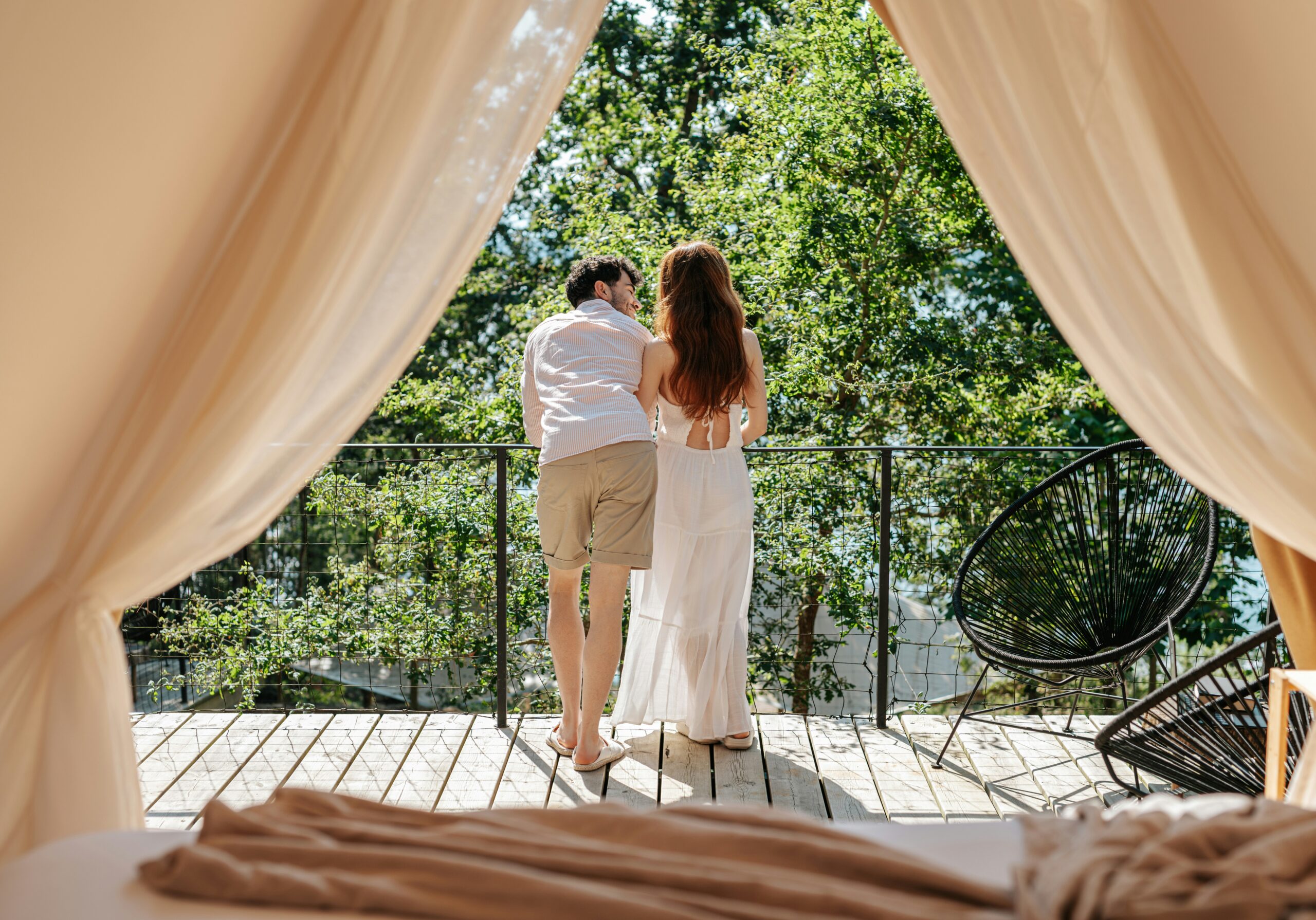
Hospitality Experience
Feasibility Study for Glamping Site
We conducted a comprehensive feasibility study for Kasten Glamping, aimed at assessing the project's viability and providing strategic recommendations to position it as a premium outdoor hospitality experience. The study focused on evaluating market demand, competitive dynamics, financial feasibility, and operational considerations to ensure the success of the glamping venture.
Project Scope
Horwath HTL conducted a comprehensive feasibility study for Kasten Glamping to assess the project’s viability and provide strategic recommendations for positioning it as a premium outdoor hospitality experience. The study evaluated market demand, competitive dynamics, financial feasibility, and operational considerations to create a robust framework for the success of this glamping venture.
The analysis began with an in-depth examination of market trends in the outdoor hospitality sector, focusing on the rising demand for unique, nature-based accommodations that combine luxury and sustainability. Key target demographics, including eco-conscious travellers, families, and adventure seekers, were identified to tailor the concept and service offerings of the project.
A competitive analysis was conducted to benchmark Kasten Glamping against similar properties in the region and beyond. Factors such as pricing strategies, guest amenities, and occupancy rates were reviewed to understand market positioning and highlight areas for differentiation. The study emphasised the importance of integrating local elements, such as regional culinary experiences, outdoor activities, and eco-friendly practices, to create a distinctive and authentic guest experience.
The operational considerations explored included the design and layout of glamping units, shared facilities, and recreational areas, as well as staffing requirements and service delivery models. Strategies for leveraging technology to enhance guest convenience and engagement, such as digital check-ins and bespoke itinerary planning, were also examined.
Financial modelling formed a critical component of the study, projecting revenues, operational costs, and return on investment (ROI) under various market scenarios. Sensitivity analyses were conducted to account for potential risks, such as seasonality and economic fluctuations, ensuring a resilient financial outlook for the project.
The final deliverable was a detailed feasibility report, offering actionable insights and strategic guidance to establish Kasten Glamping as a premium outdoor hospitality destination. By combining market expertise with tailored recommendations, Horwath HTL ensured the project was well-positioned to meet market demand and achieve sustainable success.
The engagement began with a detailed market analysis, identifying key trends in the glamping sector, such as the growing demand for eco-conscious and experiential travel. We analyzed target demographics, including nature enthusiasts, young professionals, families, and high-net-worth individuals seeking luxurious, nature-immersive getaways. The analysis revealed strong potential for Kasten Glamping to attract both domestic and international guests by combining upscale amenities with sustainable practices.
A site assessment was conducted to evaluate the location’s accessibility, natural appeal, and alignment with the expectations of glamping clientele. Factors such as scenic views, proximity to outdoor activities, and the ability to integrate eco-friendly infrastructure were considered essential for enhancing guest satisfaction and differentiation in the market.
Financial projections were developed, outlining revenue streams, capital expenditures, and operating costs over a 10-year period. The financial model included sensitivity analyses to assess performance under varying levels of occupancy and pricing strategies. Projections demonstrated promising ROI potential, supported by cost-effective operations and an attractive pricing structure tailored to high-value experiential travelers.
Operational recommendations included designing a range of accommodation types, from luxury tents to eco-friendly cabins, ensuring an optimal mix to cater to diverse guest preferences. Suggestions were made to incorporate unique features such as wellness areas, locally sourced dining options, and curated outdoor activities to elevate the guest experience. Additionally, sustainability initiatives, such as renewable energy systems and waste reduction programs, were proposed to align with consumer expectations and enhance market appeal.
Marketing strategies focused on positioning Kasten Glamping as a leader in upscale, eco-conscious travel. Digital outreach, influencer partnerships, and collaborations with outdoor adventure brands were recommended to build brand awareness and attract a loyal customer base. Emphasis was placed on storytelling and showcasing the unique blend of luxury and nature offered by the property.
The final deliverable provided a strategic roadmap, complete with actionable insights, timelines, and risk assessments. The feasibility study concluded that Kasten Glamping has significant potential to succeed as a premium glamping destination. By leveraging its unique site characteristics, aligning with market trends, and implementing the recommended strategies, the project is well-positioned to attract high-value guests and deliver sustainable financial performance.
Project Location
Kasten, Austria


